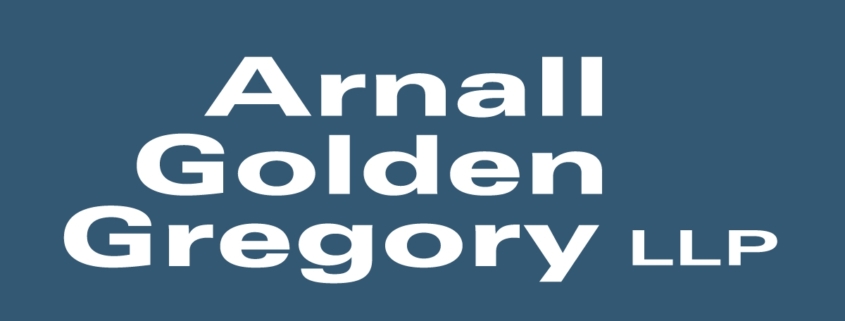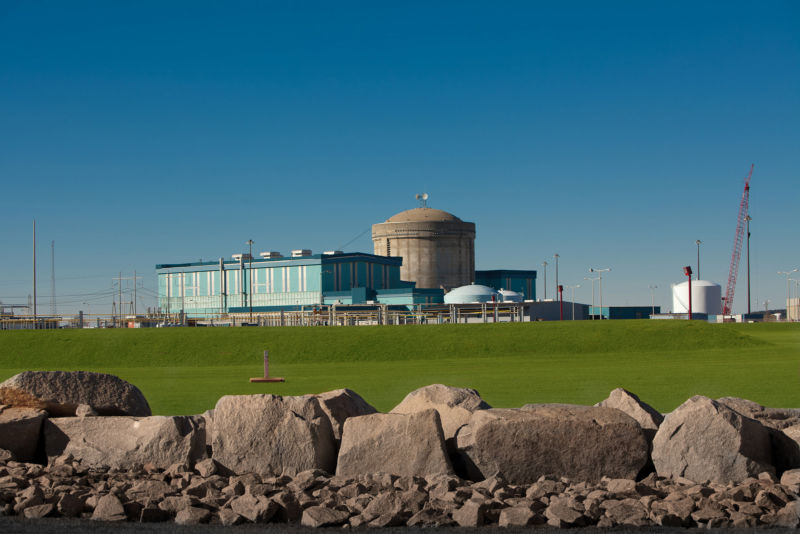Pulitzer Prize winner Daniel Golden talks global challenges of ransomware
This month, the Mid-Coast Forum on Foreign Relations hosted journalist and author Daniel Golden to discuss the global challenge of ransomware.

Daniel Golden
The Mid-Coast Forum on Foreign Relations seeks to promote study and discussion of the development, formulation, and implementation of United States foreign policies by means of a program of speakers, the organization of discussion and study groups, and the production and distribution of relevant materials.
Golden, currently a senior editor and reporter at ProPublica, has been part of three Pulitzer Prize teams at the Wall Street Journal, ProPublica and Bloomberg.
He has notably reported on the topics of college admissions, recruitment by universities, asylum-seekers, corporate tax evasion, the U.S. intelligence agencies, and ransomware.
Listen to the talk at: Midcoast Forum, Daniel Golden, December 2022.
Those interested in learning more about the Forum or seeing future speaker events can visit midcoastforum.org. The Maine Monitor will periodically share recordings of the Forum’s talks.

